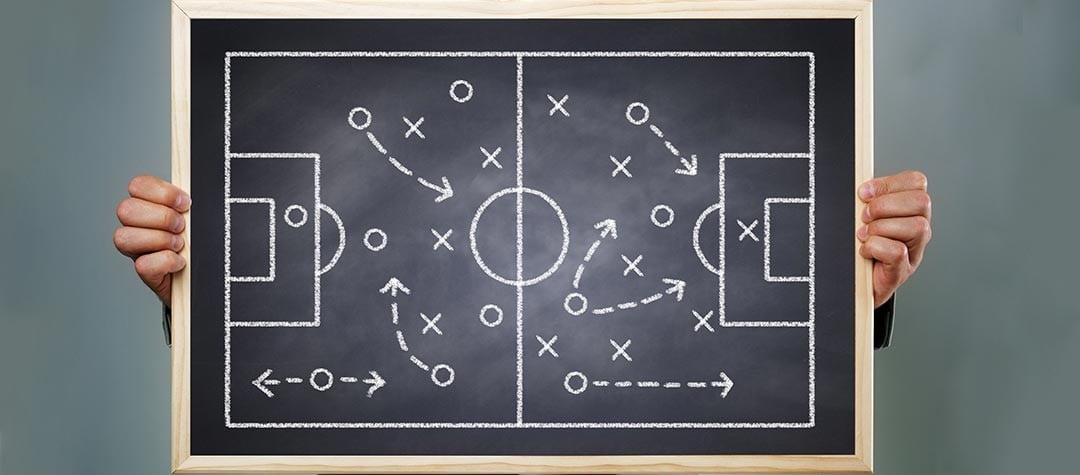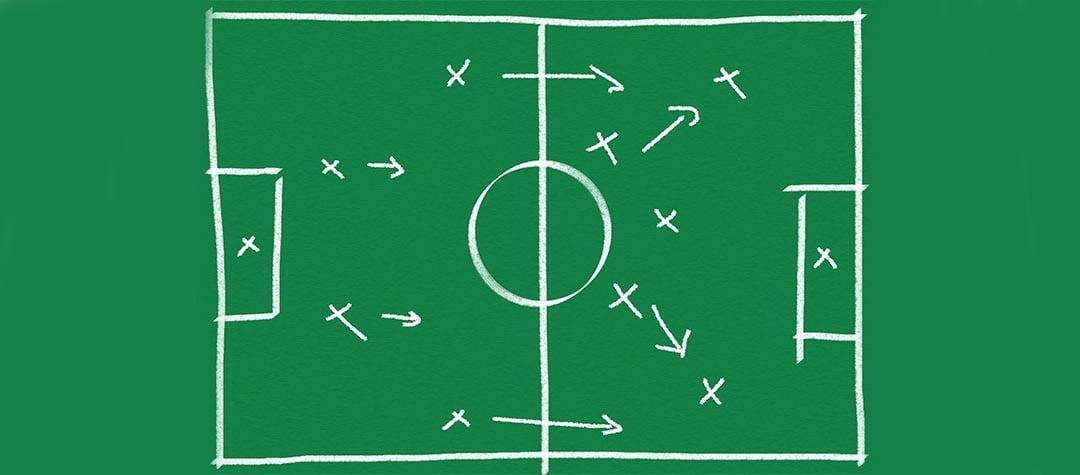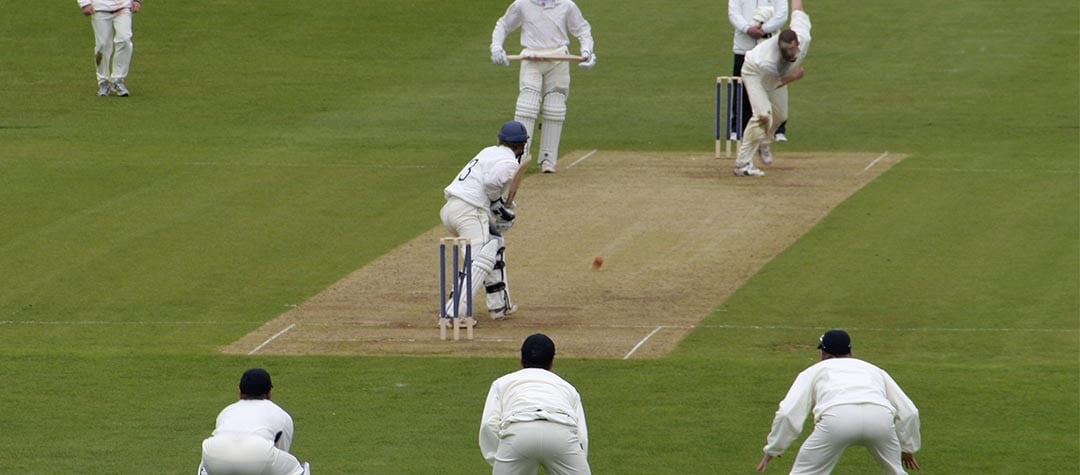Squash is a fantastic sport for fitness. Here′s an introduction to the game, its fitness benefits and its potential role in future Olympics.
Playing squash
Squash is fast paced and unlike many sports it seems like it never stops, mainly because of the enclosed court area. This means the ball is never far away and you never seem to have a valid excuse for a break. Therefore, you do need a reasonable level of fitness to play - but you can work on this!
One of the great benefits of squash is that it’s easy to get started and it’s relatively cheap.
Furthermore as squash equipment requirements are fairly low it is not difficult to get the basic kit together to start playing. You only need a racket, balls and obviously your clothing but shorts, shirt and non-marking soled trainers are generally all you need to get started.
Fitness benefits of playing squash
Playing squash can have a number of positive health and fitness benefits. Here are some of the key fitness benefits of playing squash:
- Improved aerobic fitness, with more oxygen circulated around the body to better muscular endurance.
- Burns off calories with energy being supplied to the muscles and not forming fat.
- Boosts flexibility and sprint speed, due to the fast-paced nature of squash.
- Improves hand-eye co-ordination with concentration required for serving.
- Develops the strength and power of muscles, notably leg and arm muscles.
- Furthers concentration and mental strength, with matches often lasting for some time.
- Boosts a player's cardiovascular fitness (the heart and lungs), allowing more oxygen to be pumped around the body and help energise muscles.
Squash as a global game
Squash is played in over 180 countries, and the World Squash Federation, who are recognised by the International Olympic Committee, now has over 150 Squash playing National Associations in membership. It is responsible for the rules of the game and maintains a world calendar of events.
Several unsuccessful bids have been made by the WSF to get squash into the Olympic Programme. Attempts were made via an informal process for inclusion in the 1992 Games in Barcelona, and later Atlanta (1996), Sydney (2000), Athens (2004) and Beijing (2008). A more formal procedure was put in place for squash’s consideration for the 2012 Games, but the sport narrowly failed to gain Olympic status. A bid for the 2016 Games in Rio, saw squash seriously considered alongside 7 other sports, but it then lost out to golf and Rugby7s. It is hoped that squash will finally earn its place in Olympics in the not-too-distant future.














